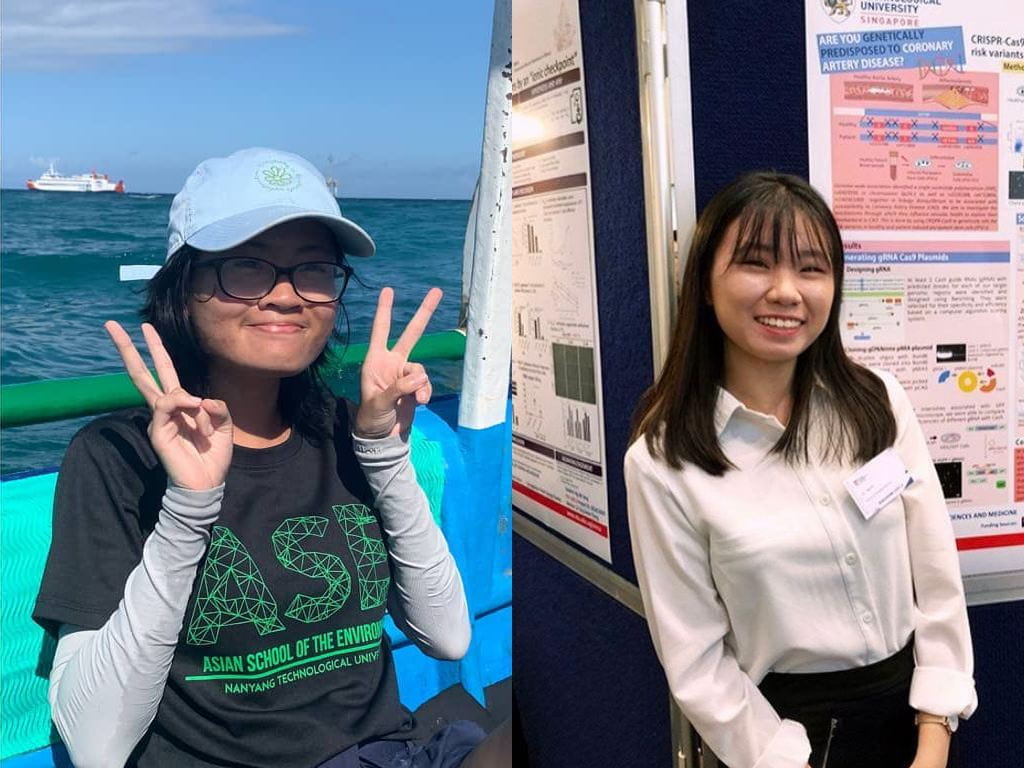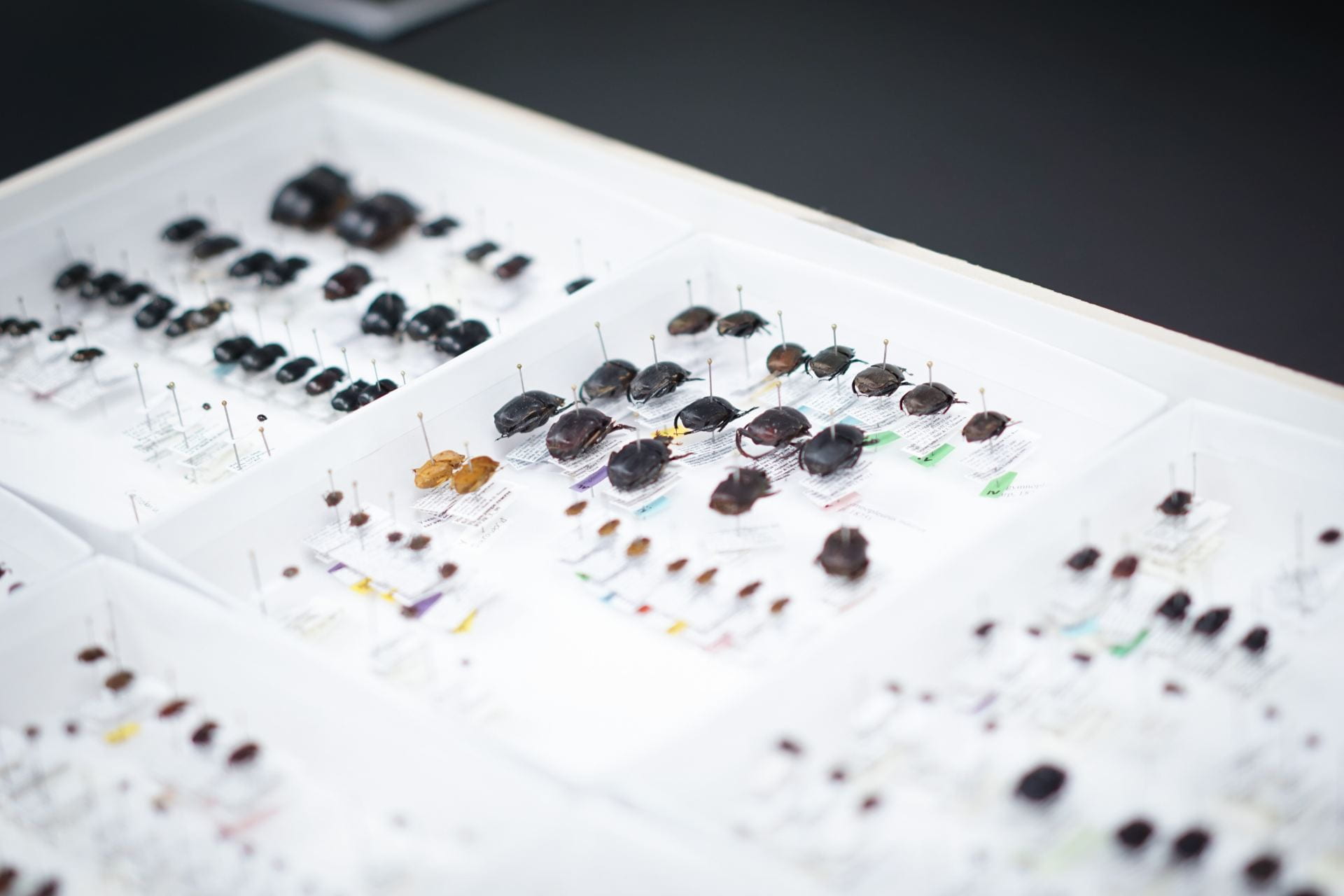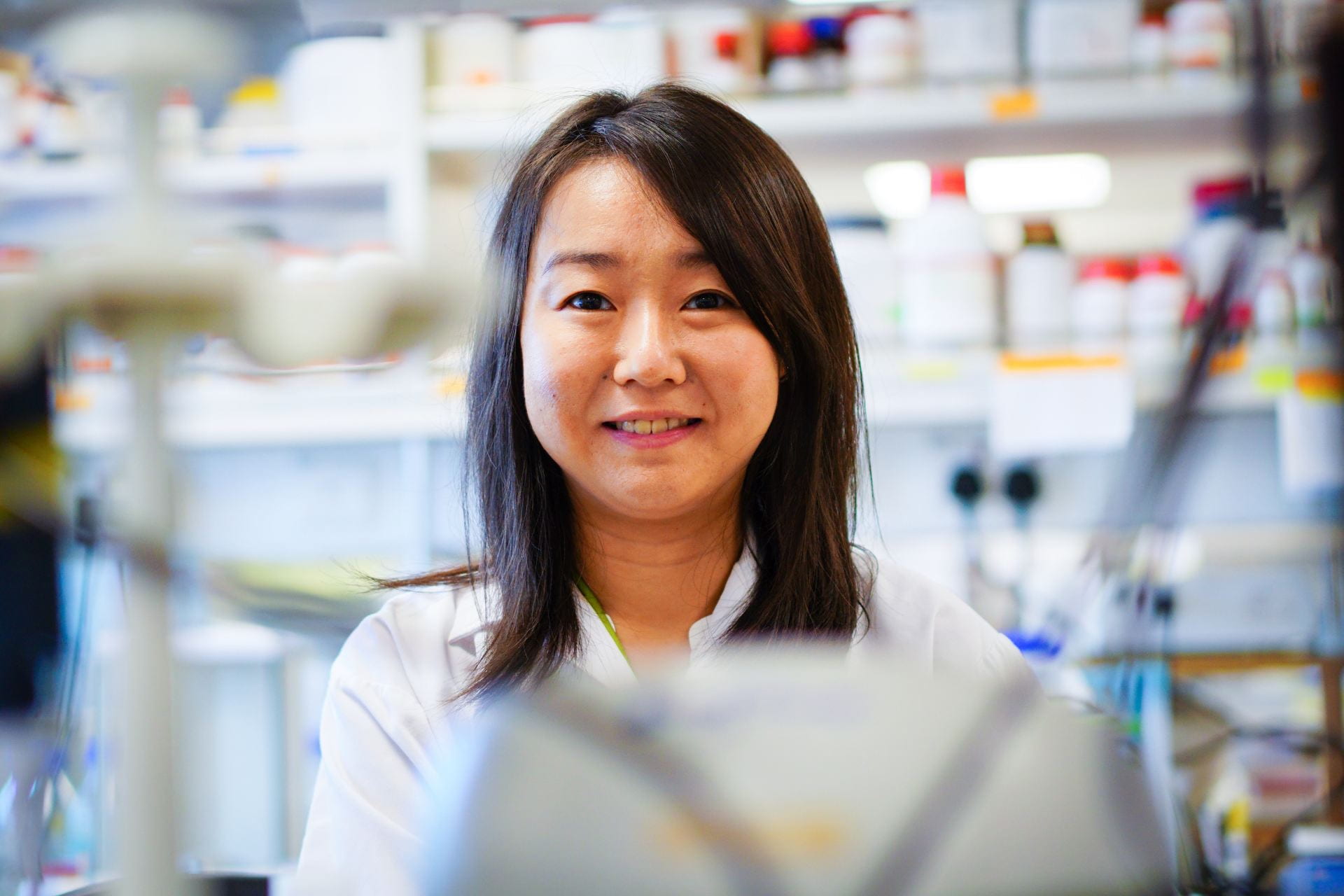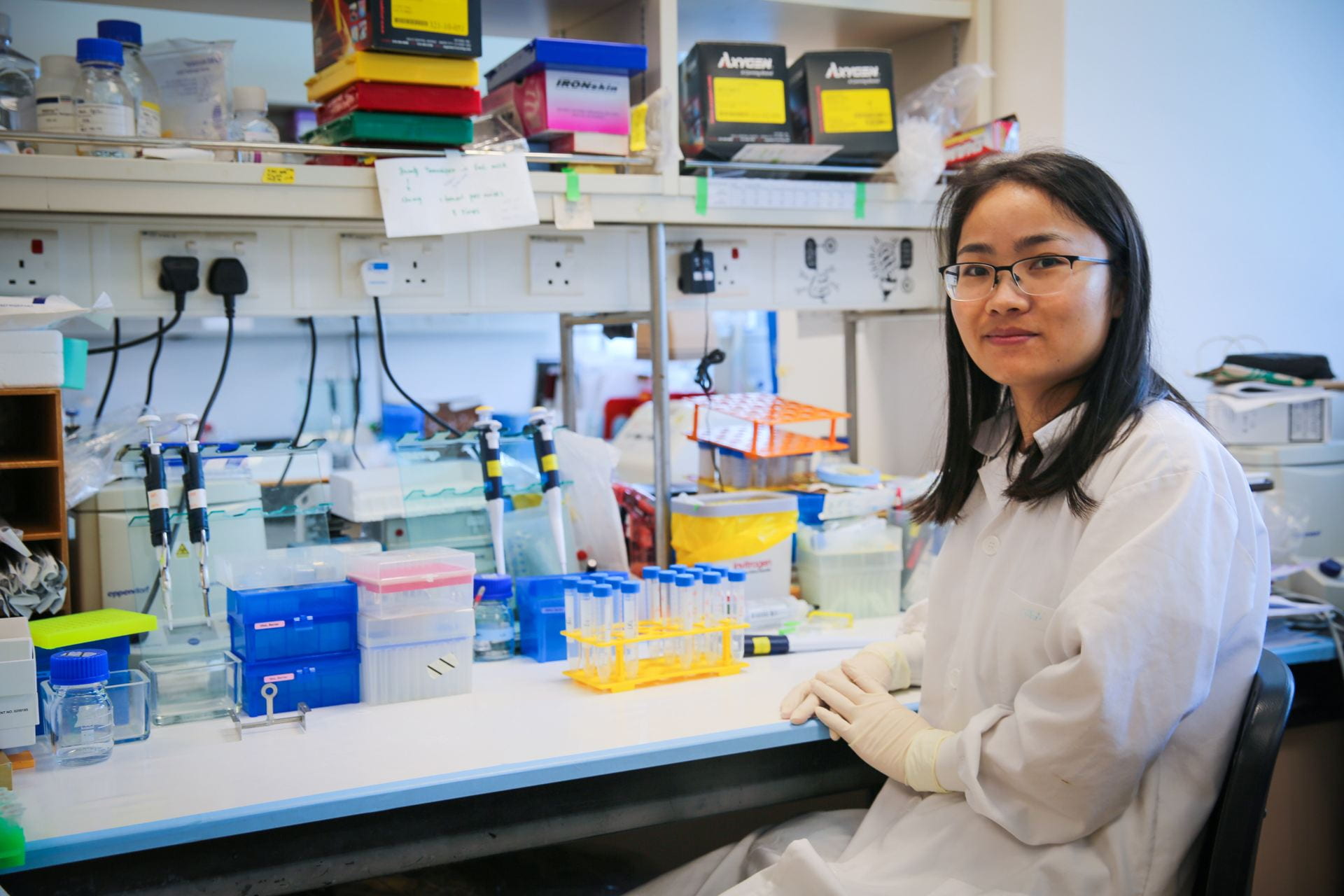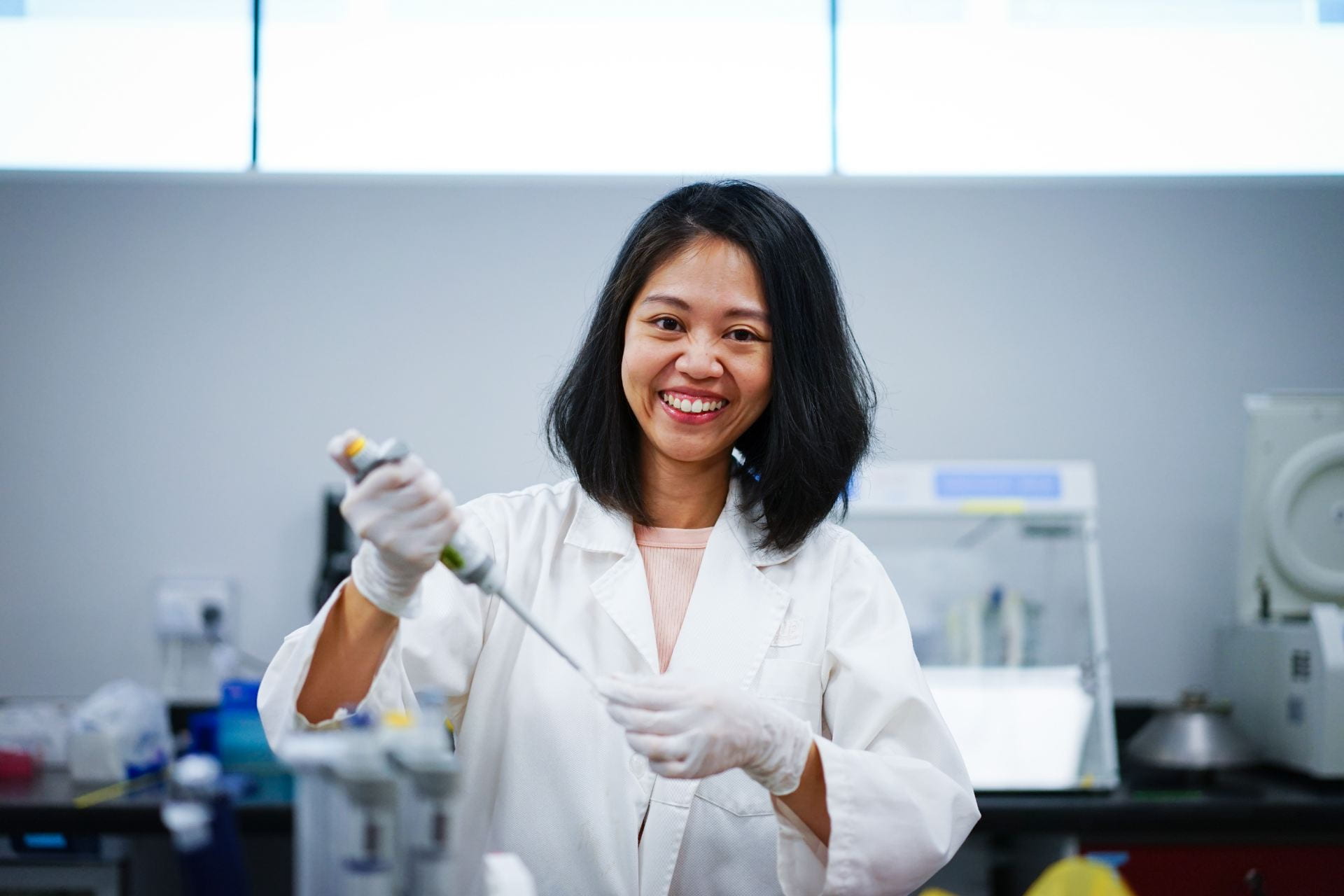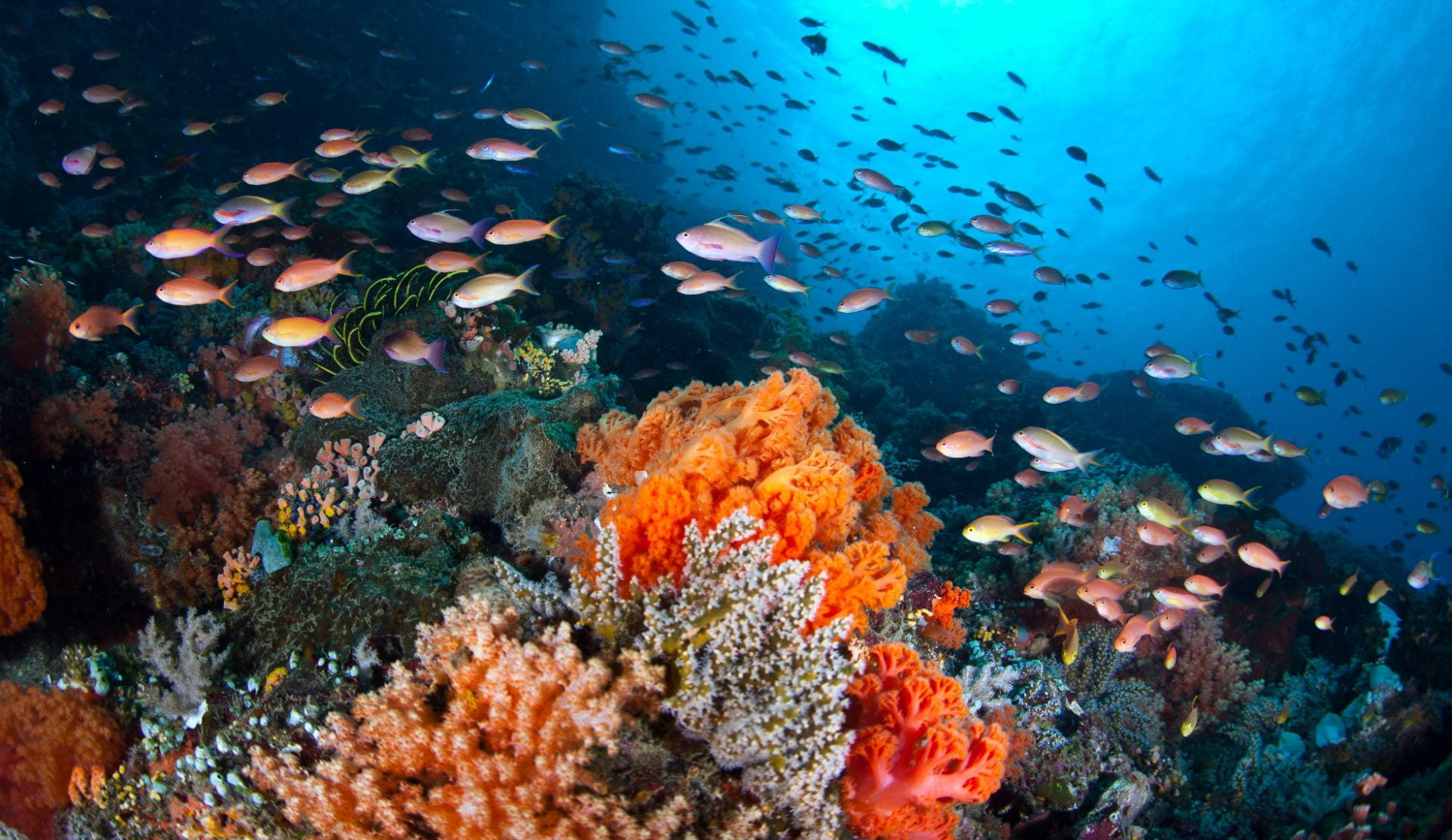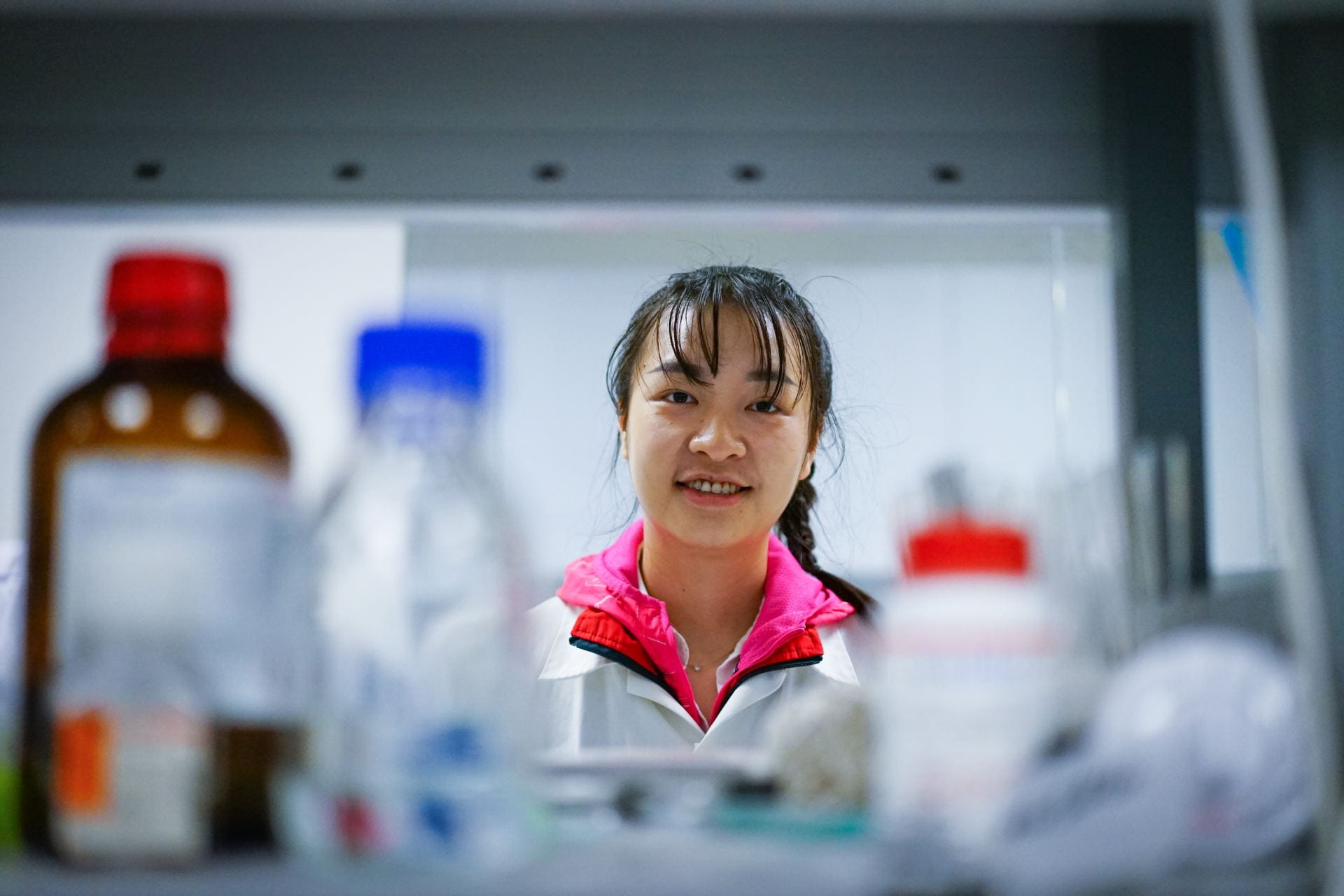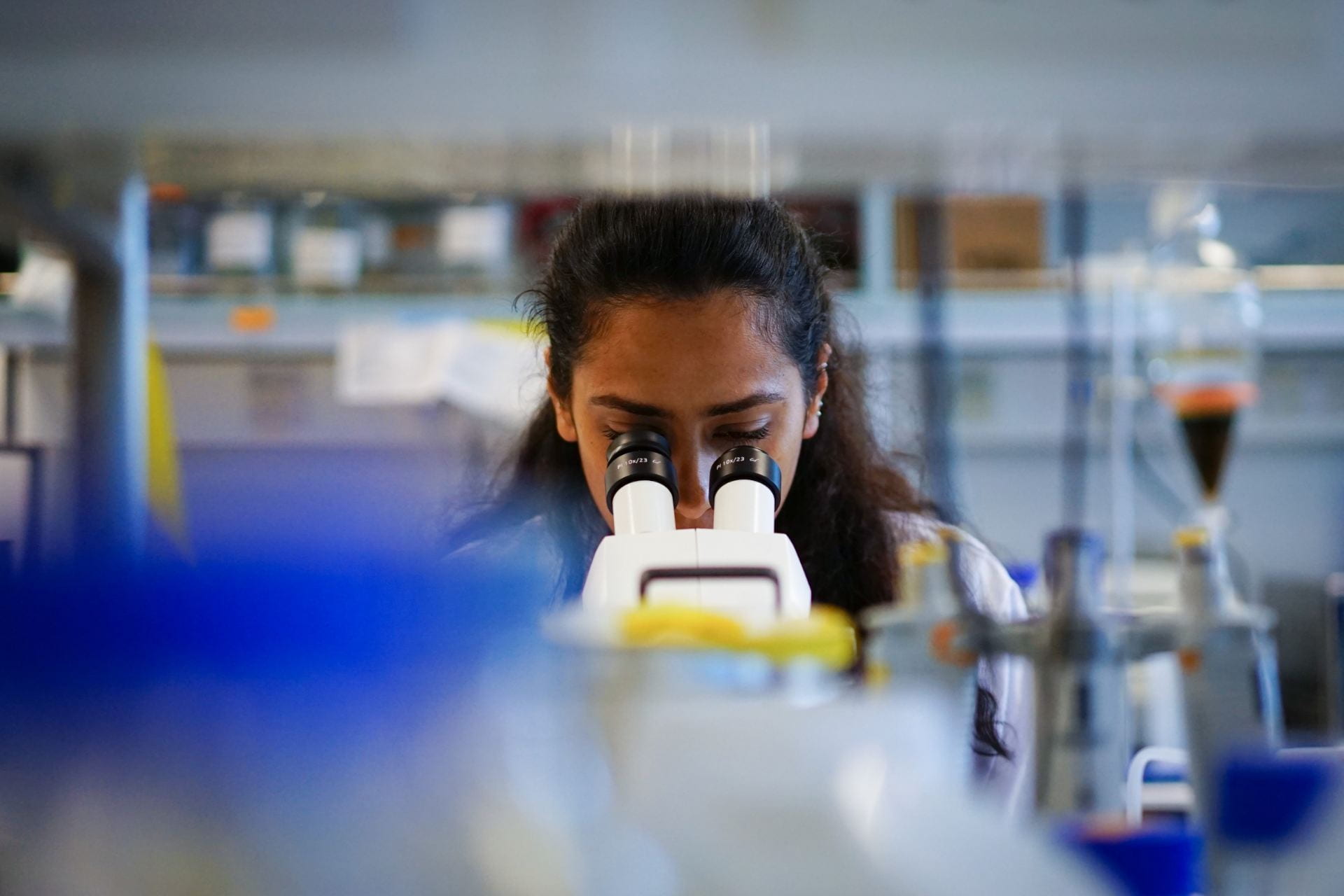The College of Science is proud to announce that 12 students from CoS have been recognised at the 2020 Global Undergraduate Awards, with 2 Regional Winners and 10 Highly Commended entrants.
Is this stool taken? – On Dung Beetle-Megafauna Trophic Networks
Ong Xin Rui has just started her PhD on dung beetles and their feeding networks working in the Tropical Ecology & Entomology Lab at ASE with Assistant Professor Eleanor Slade. In the last month, she has been awarded the Nanyang President’s Graduate Scholarship, and kicked off her PhD with a publication. Congratulations!
Congratulations to CoS PhD Students on Placing in the Top 3 of the 2020 Three Minute Thesis NTU Finale!
Eleven schools in NTU participated in the 2020 Three Minute Thesis NTU Finale, which was held in mid-August largely as a virtual competition due to COVID-19. The Three Minute Thesis challenges research students to effectively explain the significance of their projects to a non-specialist audience in just three minutes.
They PhDid It! (Part 3): Dr Tan & Cancer Research
Every year in CoS, dozens of PhD students defend their thesis and earn their doctorate, the highest university degree. In this series, we catch up with some new doctors to find out about their experience of doing a PhD in CoS, what made them embark on the intense four year journey and what plans they have for the future. Next up, we have Dr Tan Hui Foon, a Research Fellow in SBS.
Making a Mark for Women in Science (Part 4): Chen Qi, Immunology Scientist
In the last instalment of Making a Mark for Women in Science, we meet NTU School of Biological Sciences immunology scientist Chen Qi, who is a recipient of the 2020 Women in Engineering, Science, and Technology (WiEST) Conference Grant. Chen Qi sheds some light on her research, and her thoughts on women in science.
New NRF Fellow Asst Prof Perrine Hamel uses nature to design sustainable cities
As a densely populated city on a small island, Singapore is no stranger to urban planning; on the contrary, it has been a key part of the growth of Singapore, enabling housing of an increasing population and growing industry while still preserving sizeable green areas.
Making a Mark for Women in Science (Part 3): Paleotempestologist Yap Wenshu
Making a mark for women in science – Meet NTU Asian School of the Environment PhD student Yap Wenshu, who is a recipient of the 2020 Women in Engineering, Science, and Technology (WiEST) Conference Grant. The paleotempestologist shares with us about how she found herself in earth sciences, and her research. What does a paleotempestologist study, you might ask? Read on to find out!
Key to Corals’ Bleaching Susceptibility Lies in their Diet
Climate change and warming oceans are major threats to coral reefs and can cause widespread coral bleaching. As coral scientists and conservationists work against the clock to restore and preserve coral reefs, new research has revealed some corals have a secret to help them tolerate climate change.
Making a Mark for Women in Science (Part 2): Materials Scientist Wu Lishu
Making a mark for Women in Science (Part 2) – Meet NTU School of Physical & Mathematical Sciences PhD student Wu Lishu, who is a recipient of the 2020 Women in Engineering, Science, and Technology (WiEST) Conference Grant. Currently studying 2D materials, she sheds some light on her research, and her thoughts on women in science.
Making a Mark for Women in Science (Part 1): Structural Biologist Chinmayi Prasanna
Making a mark for Women in Science: In the spirit of International Women’s Day held recently in March, we meet some of the recipients of the 2020 Women in Engineering, Science, and Technology (WiEST) Conference Grant. First up is NTU School of Biological Sciences PhD student Chinmayi Prasanna. She shares with us how she got to where she is now, and her views on women in science.

